Cilantro

Tuesday, July 16, 2013
GAME MEAT - FORK TENDER WITHOUT GAMEY FLAVOR
If you are a hunter, read the first half only; if a
cook, read the second half. Only those hunters who cook their game need to read
from top to bottom.
Few people enjoy game meat, complaining that the
flavor is too gamey and the meat is too tough. Blame both the hunter and the
cook. Game meat can be as free of gamey flavor as good ranch-raised beef and
nearly as tender. Let’s start with the hunter.
The
Hunter’s Job
A frightened animal releases adrenaline that
tightens its muscles; tight muscles mean tougher meat. Good hunters have
stealth, patience, and skill to take their game unaware and not frightened.
After a successful shot, drain the blood right away, remove testicles and
scrotum from males before they can release hormones that taint the flavor of
the meat. Gut the carcass quickly and don’t delay transporting meat any longer
than necessary.
Hunters who want to save money and process their
own game meat are fools. Meat processing is an art and science that butchers
spend years learning. The cost of the butcher’s work pays for itself in the
long run.
All meat benefit from aging and game is no
exception — aging improves flavor, relaxes muscles and tenderizes fibers.
Unaged wild meat is still good, but aged meat turns more tender and more
flavorful after about five days under controlled temperature and humidity. Very
few have the proper place to age meat, again, leave it to the butcher.
Aging means moisture loss, so expect 10 to 12
percent less meat after proper aging, yet the flavor will be more concentrated.
Packaging the meat for long-term storage is as
important as processing and aging. Poorly-packaged meat turns rancid when
exposed to oxygen in the air that finds its way into the package. It also
develops “freezer burns.” The cause of freezer burn is simply dehydration, loss
of moisture and oxidation. In a properly wrapped package freezer burn doesn’t
exist.
How you freeze meat and how fast you freeze it are
both critical to retaining high quality and full moisture content, and only
quick freezing in the butcher’s very cold deep freezer with fans running can
achieve that. Leave both packaging and freezing to your butcher.
The Cook’s
Job
When you want a frozen game meat ready for a meal,
plan ahead. Defrost it slowly in the refrigerator for the least moisture loss,
never on your counter (bad), under running water (worse) or in a microwave
(worst). Thick steaks defrost in a day or two, roasts in three to four days, a
little longer if the inside of your refrigerator looks like a commuter bus in
rush-hour.
Wild game is not like corn-fed beef. Most wild
game develop little fat reserves (except bear in the fall). Expect lean meat —
in fact, so lean that it can be much too dry if you don’t cook it right. If the
hunter bagged on old animal, it is likely to be tough, too.
First, let’s get rid of the strong gamey flavor
that comes mainly from the fat covering, whatever little there is. Trim off all
visible fat as much as possible and you get rid of most of that objectionable
flavor. But you end up with even leaner meat.
Any cooking method that uses oil adds lubricant to
the meat and makes it more tender. Long, slow cooking at bare simmer is the
best, such as stewing, braising or pot roasting. If you chose dry-heat cooking,
such as broiling or grilling on coal, use either tenderizer or an acidic
marinade for at least four hours before cooking. A splash of dry red wine is
very nice with wild meat, either in the marinade or in the liquids of
slow-cooking methods.
Subscribe to:
Post Comments (Atom)




 Stumble It!
Stumble It!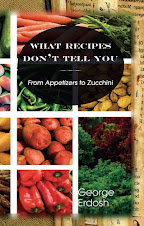

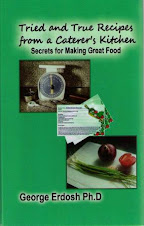
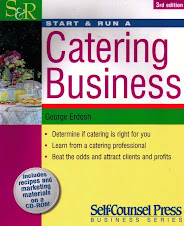
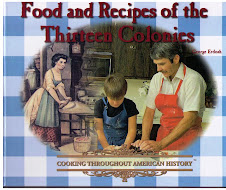



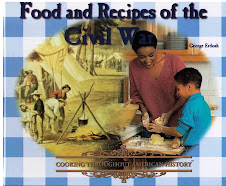

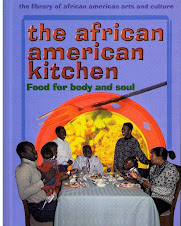

No comments:
Post a Comment